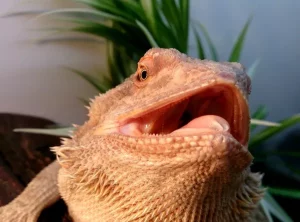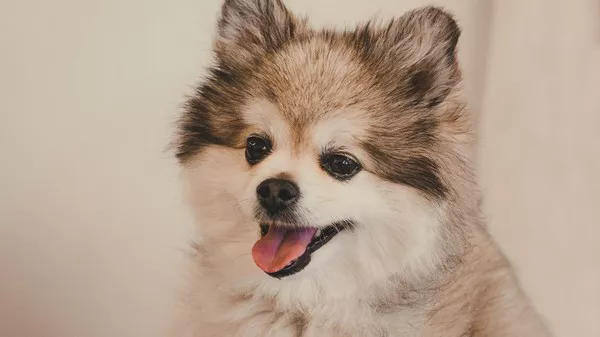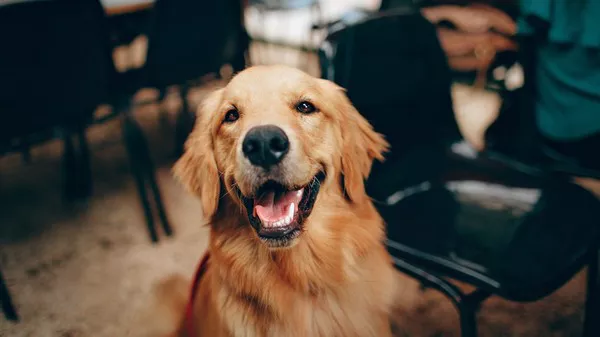Bearded dragons are popular pets among reptile enthusiasts due to their docile nature, unique appearance, and easy care requirements. One of the essential aspects of caring for a bearded dragon is ensuring that they receive a proper diet. In this article, we will discuss what bearded dragons eat and provide some tips on feeding them.
What do bearded dragons eat?
In the wild, bearded dragons are omnivores, meaning they eat both plant and animal matter. As pets, they can thrive on a varied diet that consists of vegetables, fruits, and insects. Below are some of the best foods to feed a bearded dragon:
1. Insects:
Crickets, mealworms, waxworms, and roaches are excellent sources of protein for bearded dragons. Insects should be gut-loaded, meaning they are fed a nutritious diet before being offered to your bearded dragon.
2. Vegetables:
Dark leafy greens, such as collard greens, kale, and dandelion greens, should make up a significant portion of a bearded dragon’s diet. Other veggies, such as squash, bell peppers, and carrots, can be added to provide variety.
3. Fruits:
Bearded dragons enjoy a range of fruits, including berries, bananas, melons, and apples. Fruit should only be offered in moderation due to its high sugar content.
4. Calcium supplements:
Bearded dragons require calcium to maintain healthy bones and prevent metabolic bone disease. Calcium can be provided in the form of a powder sprinkled on their food.
What should be avoided?
Some foods should be avoided or offered only in moderation, including:
1. Spinach:
Spinach contains oxalates that can bind to calcium, making it unavailable to bearded dragons.
2. Avocado:
Avocado is toxic to bearded dragons and should never be offered.
3. Citrus fruits:
Citrus fruits can be too acidic and cause digestive issues for bearded dragons.
4. Insects caught in the wild:
Insects caught in the wild may contain pesticides and other harmful substances.
How often should bearded dragons be fed?
Young bearded dragons require more frequent feedings than adults. Juveniles should be fed insects once or twice a day and offered vegetables and fruits daily. Adult bearded dragons should be fed insects every other day and offered vegetables and fruits every day.
Bearded dragons are delightful pets that are easy to care for when provided with a proper diet. A varied diet consisting of insects, vegetables, and fruits, along with calcium supplements, will help ensure your bearded dragon remains healthy and happy. Avoid feeding your bearded dragon toxic or harmful foods and offer them a balanced diet in moderation.


























